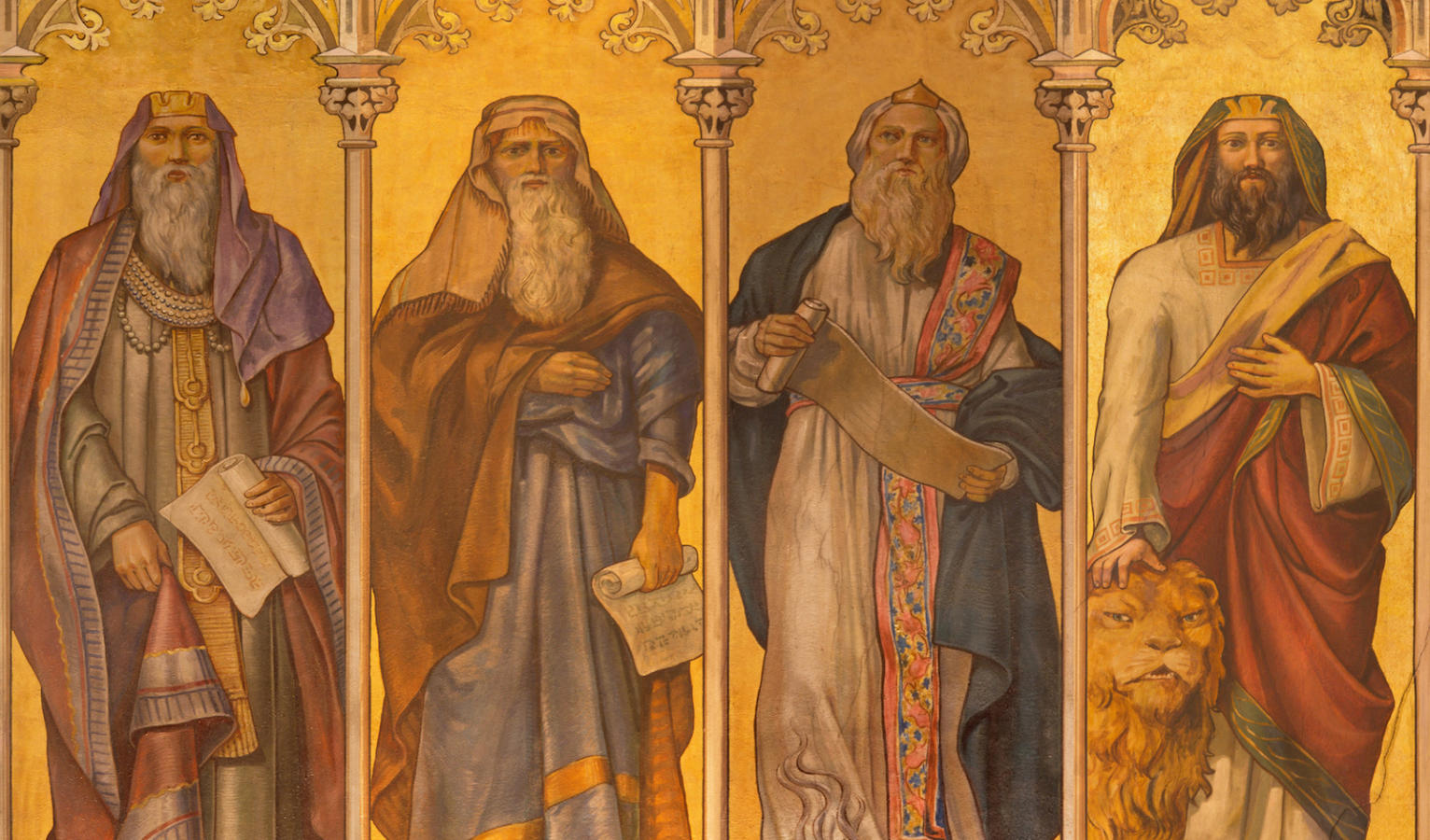Commentary on Parashat Vayikra, Leviticus 1:1-5:26
In Parashat Vayikra we read about forms of public sacrifice that one can use to sustain or renew a relationship with God. Both ideas are explored in the Haftarah, taken from the Book of Isaiah, as well.
Isaiah delivered his prophecy to Judeans who had been exiled from the Land of Israel, and were living in Babylon. After 538 BCE, Cyrus the Mede allowed the exiles to return to their homeland, but many remained in Babylon. Several chapters from the Book of Isaiah are focused on trying to convince these people to trust God’s power and go back to Zion.
In Isaiah’s prophecy God speaks to the people in Babylon, alternately rebuking them for abandoning their worship and reminding them that if they repent, they will be forgiven. The people are chastised for never bringing God any sacrifices, neither sin offerings, nor burnt offerings nor meal offerings.
Then, God goes on to compare God’s own supremacy to the impotence of idols. In an extended diatribe focused specifically on wooden idols, God wonders how the Judeans can use the same wood they use to make fire, bake bread, and roast meat to carve idols. He is shocked at the ignorance of people who might make an idol from the same substance they would also happily burn. Idols are fraud God says, and only God, the creator of all flesh, can redeem the people, and wipe away their transgressions (44:20).
With your help, My Jewish Learning can provide endless opportunities for learning, connection and discovery.
The haftarah closes with an impassioned plea for the people to return to God, both literally to the land of Israel, and figuratively, in their hearts and actions. When the people return there will be much rejoicing. “Shout for joy, O mountains, O forests with all your trees! For the Lord has redeemed Jacob, Has glorified Himself through Israel” (44:23).
Haftarah
Pronounced: hahf-TOErah or hahf-TOE-ruh, Origin: Hebrew, a selection from one of the biblical books of the Prophets that is read in synagogue immediately following the Torah reading.



